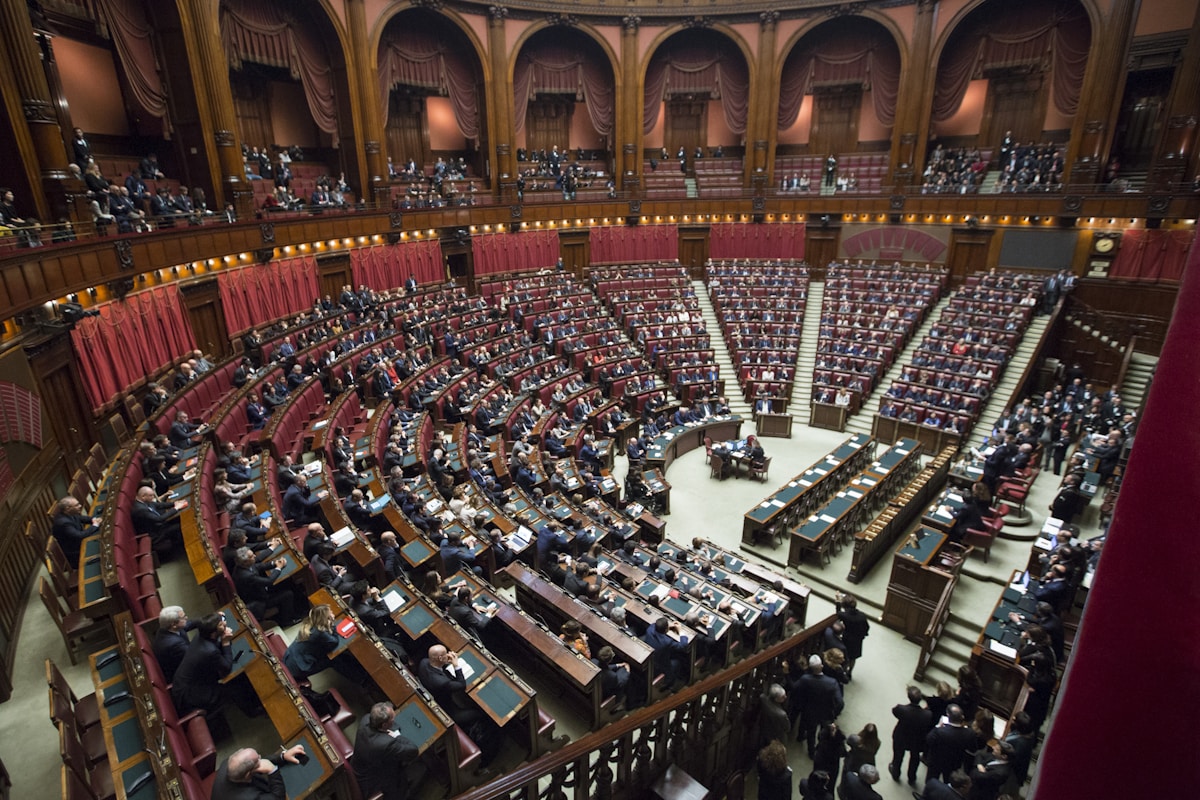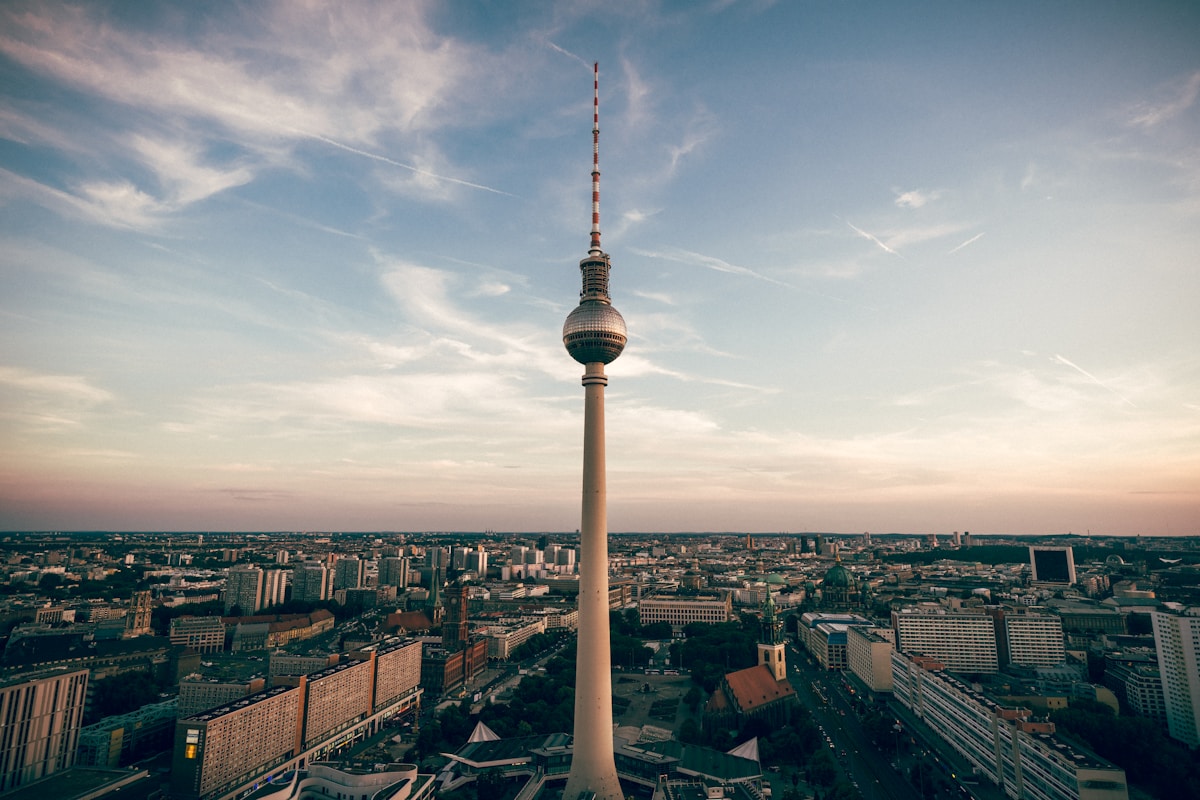How Cheney's Presidential Power Push Paved the Way for Trump's Expansion
How Cheney's Presidential Power Push Paved the Way for Trump's Expansion

The unlikely political alliance between former Vice President Dick Cheney and Donald Trump ended in bitter opposition, yet Cheney's decades-long campaign to expand presidential power inadvertently created the constitutional framework that Trump now exploits. While Cheney endorsed Kamala Harris in 2024 and warned that Trump "can never be trusted with power again," the irony remains: Trump's imperial presidency is built on foundations Cheney spent his career constructing.
Table of Contents
- The Post-Watergate Pushback Against Presidential Power
- Cheney's Unitary Executive Theory
- The Bush-Cheney Expansion of Executive Authority
- Supreme Court Legacy and Trump's Advantage
- How Trump Continues Cheney's Vision
- Frequently Asked Questions
The Post-Watergate Pushback Against Presidential Power

In the 1970s, young Dick Cheney witnessed firsthand what he considered an unjust weakening of the presidency. Serving as White House Chief of Staff under President Gerald Ford, Cheney watched Congress pass sweeping reforms designed to rein in executive power following the Vietnam War and Watergate scandal. These included the War Powers Resolution of 1973, which required congressional approval for prolonged military action, and laws creating independent inspectors general to oversee executive agencies.
Historian Arthur Schlesinger Jr. had famously described the Cold War-era expansion of presidential authority as the "imperial presidency." The post-Watergate Congress sought to dismantle that empire through statutory constraints. But Cheney believed these limitations were deeply misguided, viewing them as dangerous shackles on a presidency that needed strength and flexibility to protect national security.
"One of the things that I feel an obligation to pass on our offices in better shape than we found them to our successors," Cheney said in 2002. "We are weaker today as an institution because of the unwise compromises that have been made over the last 30 to 35 years."
Cheney's Unitary Executive Theory
Throughout his career, Cheney championed the "unitary executive theory," a constitutional interpretation holding that Congress cannot limit the president's control over officials wielding executive power. This theory, developed during the Reagan administration, became Cheney's ideological North Star.
As a congressman investigating the Iran-Contra affair in the 1980s, Cheney authored a minority report that defended the Reagan White House's defiance of congressional funding restrictions. While the bipartisan majority condemned the administration for undermining constitutional checks on executive power, Cheney argued Congress had unconstitutionally intruded on presidential authority. His report received little attention at the time but would later serve as a blueprint for his vice presidency.
The unitary executive theory rests on the belief that the president must have final—indeed, the only—word on all matters within the executive branch. This means subordinating dissenting voices from intelligence agencies, military officials, and Justice Department lawyers when they contradict the president's agenda. Professional expertise and institutional independence become secondary to presidential prerogative.
The Bush-Cheney Expansion of Executive Authority

When George W. Bush took office in 2001, he brought limited experience in international affairs. Conversely, Dick Cheney arrived as one of the most experienced and bureaucratically savvy vice presidents in American history, having served as Defense Secretary under Bush's father. This power imbalance gave Cheney unprecedented influence, particularly during Bush's first term, which he used to pursue his vision of expanded presidential authority.
Early Precedents: Energy Policy Secrecy
Cheney's first major power play came through his energy policy task force. The administration fought all the way to the Supreme Court to keep secret the advice it received from energy companies, ultimately winning a ruling that hollowed out a 1972 open government law. This victory expanded the executive branch's power to conduct confidential deliberations without congressional or public scrutiny.
Post-9/11 National Security Expansion
The September 11 attacks created numerous opportunities to set precedents for executive power. Pushed by Cheney and his lawyer David Addington, the Bush administration took steps that violated statutory limits, relying on theories that the commander-in-chief had inherent constitutional authority to override such restrictions.
The administration implemented warrantless wiretapping despite a 1978 law requiring warrants, established the detention facility at Guantánamo Bay, authorized "enhanced interrogation techniques" that critics denounced as torture, and created secret rendition programs. In each case, Cheney argued that national security demanded presidential latitude unconstrained by congressional legislation.
Corrupting Intelligence for Iraq
Perhaps most controversially, Cheney directed the CIA to "stovepipe" raw intelligence directly to his office during the lead-up to the Iraq War. He then cherry-picked information supporting the case for war—such as documents suggesting Saddam Hussein sought yellowcake uranium, which the CIA determined were likely fabricated. This manipulation of the intelligence process demonstrated Cheney's view that executive branch agencies existed to advance presidential objectives, not provide independent analysis.
Supreme Court Legacy and Trump's Advantage

Cheney's influence extends beyond his direct actions as vice president to his role in shaping the federal judiciary. He helped vet George W. Bush's Supreme Court nominees, contributing to the appointments of Chief Justice John Roberts and Justice Samuel Alito—both former executive branch lawyers who spent their formative years in the 1980s grappling with presidential power disputes during the Reagan administration.
Today's conservative Supreme Court supermajority has generally functioned as an ally to Trump's efforts to expand presidential authority. The Court's 2024 decision in Trump v. United States granted presidents immunity from prosecution for crimes committed using official powers, rooting this immunity not in constitutional text but in the Cheney-like belief that presidents need protection from prosecution to take "bold and unhesitating action."
The Court has also used its emergency docket repeatedly to relieve Trump of lower-court orders blocking his moves, effectively enabling his most aggressive assertions of executive authority. All six Republican justices now embrace the unitary executive theory that Cheney championed, positioning them to overturn decades of precedent limiting presidential control over independent agencies.
How Trump Continues Cheney's Vision
Despite their bitter personal animosity, Trump has become the fulfillment of Cheney's worldview from a quarter-century ago. Trump's second presidency demonstrates how Cheney's theoretical framework translates into practical governance—or, as critics argue, into practical abuse of power.
Mass Firings and the Unitary Executive
Trump has systematically fired officials across the executive branch in defiance of statutory protections Congress created to ensure independence. This includes mass purges of inspectors general—the watchdog officials created as part of the 1970s reforms Cheney despised—and commissioners atop agencies Congress designed to operate independently from White House control. These actions directly implement the unitary executive theory, asserting that all executive officials serve at the president's pleasure regardless of congressional intent.
Impoundment and Congressional Authorization
Trump has frozen billions of dollars Congress appropriated for foreign aid, infrastructure, and scientific research, challenging the 1974 Impoundment Control Act that prevents presidents from refusing to spend congressionally approved funds. Cheney specifically mentioned this law in 2005 as one that "will be tested at some point." That test is now occurring under Trump's presidency.
War Powers and Unilateral Military Action
The Trump administration has claimed that the War Powers Resolution—another reform Cheney opposed—doesn't apply to airstrikes on suspected drug smugglers because targets who cannot shoot back don't constitute "hostilities." This interpretation, if accepted, would allow presidents to conduct indefinite unilateral air campaigns without congressional approval, precisely the kind of unconstrained military authority Cheney believed presidents should possess.
Justice Department Weaponization
Trump has pushed the Justice Department to prosecute political adversaries, trampling post-Watergate norms of department independence from White House political direction. He ousted a prosecutor who refused to indict former FBI Director James Comey and installed his personal lawyer—with no prosecutorial experience—to generate indictments. This represents the logical endpoint of viewing executive officials as servants of presidential will rather than independent professionals.
Frequently Asked Questions
What is the unitary executive theory?
The unitary executive theory holds that the president has complete control over the entire executive branch and that Congress cannot limit this authority by creating independent agencies or protecting officials from presidential removal. All executive power flows from and through the president alone.
Why did Dick Cheney endorse Kamala Harris despite creating Trump's framework?
Cheney believed in expanding presidential power within constitutional guardrails, not in using that power to overturn elections or remain in office after voters rejected a president. The January 6 riot showed Cheney that Trump sought power without limits, which differed fundamentally from Cheney's vision of a strong but constitutional presidency.
What were the post-Watergate reforms that Cheney opposed?
Key reforms included the War Powers Resolution (1973) requiring congressional approval for extended military action, the Impoundment Control Act (1974) preventing presidents from refusing to spend appropriated funds, the creation of independent inspectors general, and laws establishing agencies designed to operate independently from White House political control.
How did Cheney influence the Supreme Court's composition?
As vice president, Cheney helped vet George W. Bush's Supreme Court nominees, contributing to the appointments of Chief Justice John Roberts and Justice Samuel Alito. Both were former executive branch lawyers during the Reagan era who developed strong views favoring expanded presidential authority, and they now lead the Court's conservative supermajority.
What specific Trump actions reflect Cheney's theories?
Trump's mass firing of protected officials, freezing congressionally appropriated funds, claiming unlimited military strike authority, and directing the Justice Department to prosecute political enemies all flow directly from the unitary executive theory and expanded presidential powers Cheney advocated throughout his career.
The Paradox of Power: Cheney's Complicated Legacy
Dick Cheney's final political act—warning Americans about Trump and endorsing his Democratic opponent—cannot erase the constitutional architecture he spent decades constructing. His vision of a presidency largely unchecked by congressional constraints and free to act swiftly in matters of national security has materialized under a president he came to view as uniquely dangerous.
The tragic irony is that Cheney sought to strengthen the presidency as an institution while maintaining respect for constitutional boundaries. He advocated for power wielded by responsible leaders operating within guardrails, even if those guardrails were set further back than post-Watergate reformers preferred. Trump, by contrast, seeks power for its own sake, unconstrained by institutional norms, legal precedents, or democratic outcomes.
Cheney lived long enough to see his theories tested in ways he likely never imagined—and to recognize, too late, that theories of expanded presidential power depend entirely on the character of those wielding that power. In trying to restore what he saw as proper presidential strength, Cheney helped create an imperial presidency that Trump now commands. Whether future presidents will use this framework responsibly or continue Trump's approach to power remains one of the defining questions facing American democracy.
Found this analysis insightful?
Share this article with others interested in understanding how presidential power has evolved and the unexpected connections between Dick Cheney's legacy and Donald Trump's presidency. Use your favorite social media platform or email it directly to friends and colleagues.